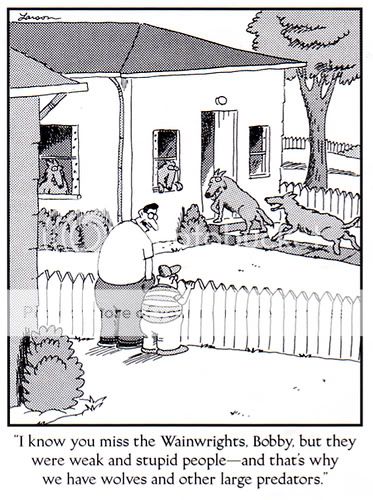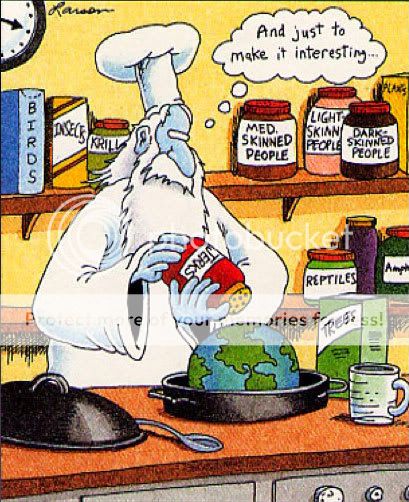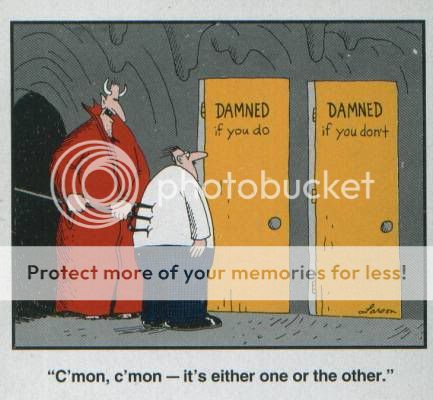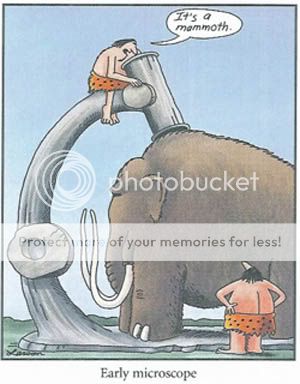You must not be much of a paramedic if you can't even manage to do BASIC LIFE SUPPORT without 'equipment.' I don't know about your basic (or intermediate or paramedic) classes, but in my basic class I learned all about DIRECT PRESSURE on a wound. Yeah, that one requires a LOT of equipment.
Withot taking sides could I point out that just because you stop external bleeding, doesn't mean you stop the flow of blood.
"Direct pressure" will stop about 90% of all bleeding, but that doesn't translate into diffuse external pressure. If you have bleeding from the trunk or neck, your external pressure will simply redirect the bleeding. Direct pressure to the artery could be effective, but you are definately going to get dirty doing that.
There is also a considerable risk/benefit. If this person arrests from their trauma, their chances of survival are very small if everything goes right. So how to you live the rest of your life with Hep B Hep C or something else? Who pays for your care? Who retrains you to work in another profession when you can't get a job? What will it be like to never have intimate contact with loved ones without a barrier between you? What will it be like when you worry whether or not you can safely help your bleeding child for fear of infecting them? How about even having a child who may start life with a communicable disease? How do you pay for the life long care? How do you explain to them they have to be careful whoever and how they touch forever?
You are going to risk that over a person who will most likely die? Maybe you will get a plaque or a citation for your efforts, but nobody is going to step up and pay your medical bills.
Personally I think there is a moral obligation to do the best we can to help somebody in need. But the best we can means safely. with objective thought and rational logic not emotion.
But my morals also do not impose decisions upon others, and that includes their will to get involved or not.
For many years and hopefully for many to come, most if not all of my patients have been socially "undesirable." It is a rewarding experience. But it is not for everyone. It doesn't make me a greater provider or somebody else a lesser one.
Maybe watching people drink their urine like beer or be so drunk they lay in their own excretions until they wake up and find some more alcohol has hardend me a bit, some would call it experience. But some of that same experence has harshly pointed out that I cannot save everyone.
Most EMTs and paramedics will never look a patient in the eye and tell them no more can be done while they are still awake and capable of rational thought. They will not be asked "how much longer is there?" when they simply cannot afford care or medication. Even the most well paid physicians cannot afford to support everyone who needs.
I bring that up because it is the real face of medicine, not lights and sirens and flag drapped ceremonies and awards. It is not CPR and AEDs with a happy ending. It is important to come to terms with what medicine is, and what your individual role, contributions, and limitations are.
"he who fights and runs away, lives to fight another day."
EMS is not about being a hero or glory. Medicine is a choice and a lifestyle. But what that means to you is not the same as me, and you cannot measure the value of others by standards you set for yourself.




